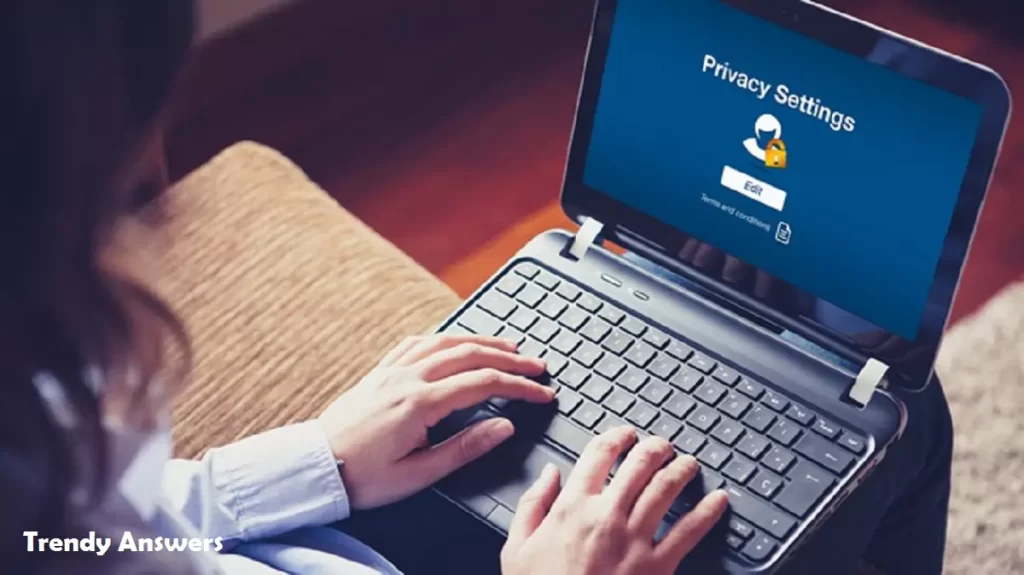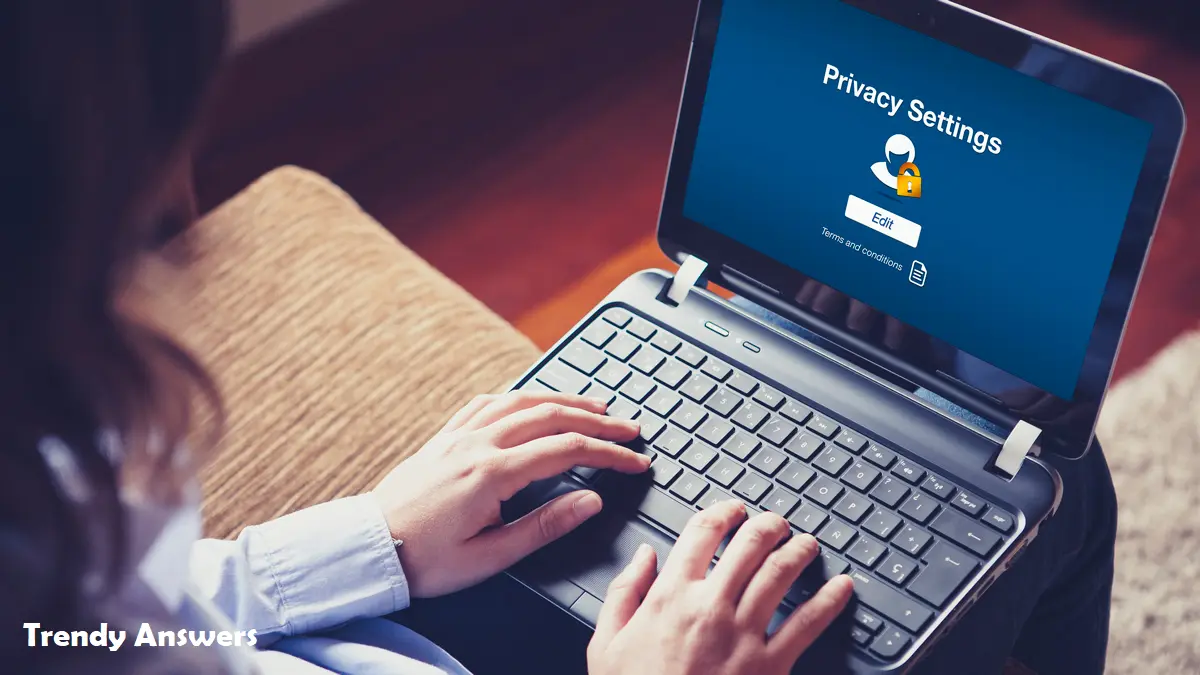Each day, we unknowingly share personal data with businesses and organizations online. We do this by filling out forms, clicking on the “agree” buttons, and even using cookies.
While this may seem like an innocent enough act, doing so can have severe consequences. Here are five ways you may be sharing your personal data and practices to keep your information safe.

1. Filling Out Forms
One of the most common ways we share personal data is by filling out forms online. Whether it’s for a contest, to sign up for a newsletter, or to make a purchase, we’re constantly giving away our information.
While most of the time, forms are harmless and necessary for organizations to function, there are some instances where you may want to think twice before filling one out.
For example, if a form asks for your Social Security number or driver’s license number, it’s best to steer clear. These sensitive pieces of information can be used to commit identity theft. If you’re not comfortable giving away this information, chances are the organization doesn’t really need it.
The best way to protect your data is to fill out forms from websites you trust. These websites should use an x.509 certificate management system and have a padlock symbol in the address bar. Also, never share your Social Security number or credit card information with any website you don’t trust.
2. Website Cookies And Trackers
Most of us are familiar with cookies – those small pieces of text that websites use to track our movements online. While cookies are generally harmless, they can be used to collect a great deal of personal data.
For example, cookies can track the sites you visit, the links you click on, and even the ads you see. Additionally, some cookies can even track your physical location.
It’s essential to clear your cookies regularly. You can do this through your web browser’s settings. Additionally, you can install an ad blocker or privacy extension, such as Ghostery, which will prevent cookies from being placed on your computer in the first place.
3. Social Media
Social media is one of the biggest offenders of sharing personal data. We share everything from our addresses and phone numbers to birthdays and interests. Additionally, many social media sites have lax privacy settings, which means our information is open for anyone to see.
To keep your data safe, you must be selective about what you share on social media. Only share information that you’re comfortable with the world knowing.
Additionally, make sure to check your privacy settings and only allow people who you know and trust to have access to your information.
3. Location Services
Another way we unknowingly share personal data is through location services. Many of us have phones and computers set to share our location with apps and websites automatically.
While this can be convenient, it also means that our location is being shared without our knowledge or consent.
If you’re uncomfortable with sharing your location, turn off location services. On most devices, this is done through the settings menu. You should only allow apps and websites to access your location if you trust them.
4. Apps Requesting Access To Sensitive Data
Many apps request access to our personal data, such as contacts, photos, and location. While some of these requests may be necessary for the app to function correctly, others are simply unnecessary.
Before you download an app, take a moment to read through the permissions it’s requesting. If an app asks for access to data you’re uncomfortable sharing, it’s best to avoid it. Additionally, you should only download apps from reputable sources, such as the App Store or Google Play.
5. Connecting To Public Wi-Fi
Connecting to public Wi-Fi is one of the most common ways we share personal data. When we connect to public Wi-Fi, our devices send and receive data unencrypted. Anyone on the same network can intercept and read this data.
To protect your personal data, only connect to public Wi-Fi networks that you trust. Additionally, make sure to use a VPN when connecting to public Wi-Fi. A VPN encrypts your data so that it can’t be intercepted and read by others on the network.
Final Thoughts
We share personal data with businesses and organizations in various ways, most of which we are unaware of. By filling out forms, using cookies and trackers, and sharing our location information, we open ourselves up to possible identity theft or fraud.
To protect your data, you should take the necessary precautions, such as disabling cookies and trackers, deleting unused apps that have access to sensitive data, implementing x.509 certificate management, and using a VPN when connecting to public Wi-Fi.
Read more: Activatewisely.com Activate Card (June) Read Details!
